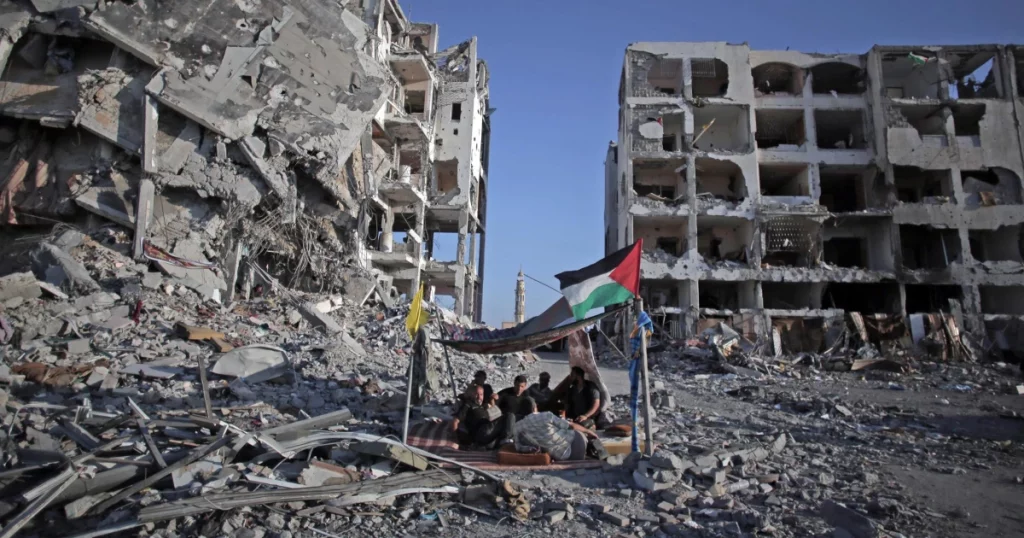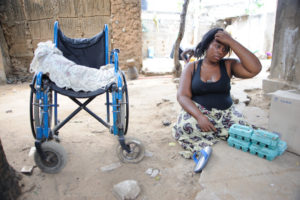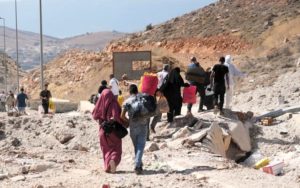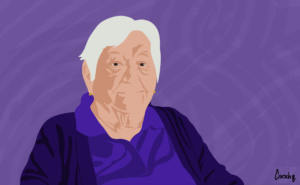
The war in Gaza triggered in me a turmoil like no other calamity, outside those affecting my immediate family, ever did. Tens of thousands of innocent people were being killed like rats in a cage, with nowhere to hide. They were shot, bombed, denied medical assistance and starved to death. Their small world – houses, schools, hospitals, mosques – was razed to the ground. I was mesmerized by the intertwining between the rational design of the Israeli operation and the resulting barbarity of the bloodbath. Yet, at times, the images coming out of Gaza were so painful that I avoided watching the news. Being able to do so – the privilege not to witness the slaughter – added to a sense of guilt.
My emotions had no outlet. Sharing them with friends was impossible, for I couldn’t find the words to turn events in Gaza into a topic of conversation. And I refused to hear attempts to qualify a verdict of genocide that should have no extenuating circumstances. Useless petitions and street protests had no appeal, for they were no more than palliatives, which I rejected.
Thus, for a long time the war in Gaza took over my private life. I was livid at the self-righteous rhetoric of the aggressor and the connivance of the world where I belonged. At night I could not sleep, and a foul mood accompanied me in my waking hours.
Over one year has passed since the start of the Israeli invasion and I have burned up a lot of emotional energy in this time. Lately, indignation has been coming and going but it is receding. The death of children killed yesterday on a bread line in Khan Yunis weighs less on my conscience than did the death of children meeting a similar fate six months ago. Meanwhile, old interests and concerns are slowly returning to occupy their space in my mind. Media coverage of the massacre, which continues unabated, is also waning. It becomes easier to fall asleep. I can tolerate acquaintances talking about “the situation in the Middle East.”
I realize that the war in Gaza will outlast my outrage. “Ah,” I tell myself, “This is how it happens; this is how one gets used to inhumanity.” (November 2024)
About the author: Francesco Bastagli is a former UN official who was Chief of the Executive Office of UNRWA (1986 – 1991) at the time of the first Intifada.
The opinions expressed in this blog are those of the author and do not necessarily represent the views of United Against Inhumanity (UAI).











